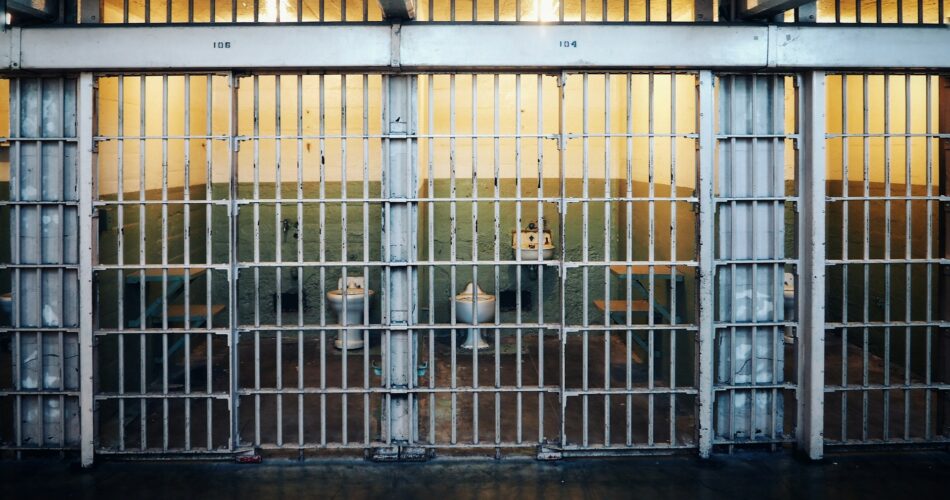Senators are demanding answers.
Two senators are seeking answers from the Federal Bureau of Prisons (BOP) regarding its rejection of several offers from faith-based organizations aimed at helping reduce recidivism among offenders. Senators James Lankford (R-Okla.) and Gary Peters (D-Mich.) have written to BOP Director Colette Peters, requesting documents that detail the agency’s selection process for programs aligned with the First Step Act, a 2018 law aimed at reducing repeat offenses.
The First Step Act, signed into law by former President Donald Trump, mandates partnerships between prisons and organizations, including faith-based groups, to deliver recidivism reduction programs. However, the senators highlighted in their letter that, since the law’s passage, the BOP has received eight applications from faith-based organizations, approving only two, while five were denied and one remains under review. Neither of the approved programs met the criteria for Evidence-Based Recidivism Reduction (EBRR), raising concerns about the lack of faith-based EBRR programs in the federal prison system.
A 2022 First Step Act annual report revealed that BOP received 11 external applications for recidivism reduction and productive activity programs, approving only four, with just one being faith-based. By 2023, the agency had not provided updated data on applications, further prompting the senators’ inquiry. They have given the BOP until December 13 to furnish detailed information, including documentation on the selection process, applicant data, and the findings of a 2023 independent program review.
Family Research Council President Tony Perkins, a former Louisiana legislator and U.S. Commission on International Religious Freedom commissioner, called the situation troubling. He praised the senators for spotlighting the issue, noting that faith-based programs have historically led to reduced recidivism rates by fostering transformative life changes rooted in faith and forgiveness.
Perkins also criticized the federal government’s spending priorities in a social media post, contrasting the rejection of cost-effective, faith-based prison initiatives with the Department of Health and Human Services’ allocation of $67 million annually on diversity, equity, and inclusion staffing. He argued that embracing faith-based initiatives in prisons could not only reduce crime but also save taxpayers money. The BOP, responding to media inquiries, declined to share details of its congressional correspondence but emphasized its direct communication with lawmakers.
